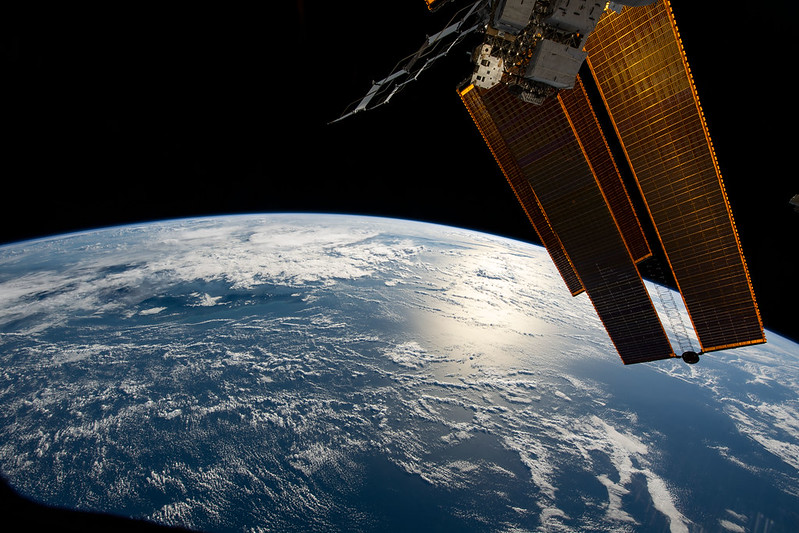
The
release of the ‘Combined Space Operations Vision 2031’ in February marked an important milestone in the growing cooperation among space-faring nations. The aim of the
CSpO initiative is to ‘[g]enerate and improve cooperation, coordination, and interoperability opportunities to sustain freedom of action in space, optimise resources, enhance mission assurance and resilience, and prevent conflict’. Its signatories are Australia, Canada, France, Germany, New Zealand, the UK and the US.
The CSpO vision statement is a commendable step towards better coordination and cooperation in space. It effectively codifies existing cooperation, given that the involvement of the Five Eyes nations plus France and Germany represents a significant proportion of global military space power. Yet, two trends indicate that the vision could be more inclusive and yield stronger results in removing the perception of exceptionalism by considering a growing focus on the space capabilities—civil, military and commercial—of newer strategic partners like Japan, India and South Korea, as well as the increasing importance of commercial space to the military realm.
A ‘congested and contested space domain’ has become the common theme for all space-faring nations. Over the past 20 years, a conflation of technological maturity has reduced the cost of investment, enabling non-traditional enterprises such as SpaceX and Blue Origin to gain access to space for commercial purposes. The space industry has become a fundamental part of everyday life, from enabling navigation to facilitating communications and financial transactions, and opportunities are growing each day. Access to space is no longer the realm of just the most powerful nations on earth.
Increased societal reliance on space-based technologies, including for key underpinnings of modern economies, has only raised the strategic importance of the space domain. Over the past 10 years, US$264 billion was
invested into the space economy, and that figure is expected to
grow to US$1 trillion by 2040. In response, many states are establishing sovereign military space organisations. These will increase their space capabilities, including improving integration of space with other domains, and may also act as a deterrent. Given the potentially catastrophic effects of incidents in space for most nations, international partnerships and cooperation form the cornerstone of many strategies, an approach that the US has broadly
supported.
Altruistic reasons aside, as the dominant nation since the end of the Cold War, the US has recognised that the growth of the space economies of many countries means that partners can
complement the capabilities it has fielded over the years, while the establishment of other military space organisations can create resilience through partnerships. This is particularly important against the growing capabilities of China, which earlier this year
demonstrated the ability to use its SJ-21 satellite to manoeuvre in orbit before pulling another one of its dead Compass-G2 satellites out of geosynchronous orbit.
There are limitations, however, to military cooperation in space. Some of them are necessary, but some are US own goals. In 2017, General John Hyten (then commander of the US Strategic Command)
argued that the legacy overclassification of space systems must be relaxed to allow access to others, including ‘the French, the Germans, the Brits, the Australians, the Canadians’, for better integration and cooperation. Yet space systems and technologies remain some of the most sensitive and critical, not only due to their role in nuclear command and control and missile defence, but because they underpin US military superiority in all operational domains. Information security and the protection of sensitive technology remain key and reasonable concerns for the US Space Force and US Space Command—which in part explains the US’s cautious approach to allowing others to join this select group.
One area in which there’s a key opportunity to enhance partnerships beyond the existing Five Eyes, plus France and Germany, is in the commercial space sector. There are strategic and military benefits to be gained from expanded commercial cooperation with non-traditional partners. Commercial actors can help build a global collective hybrid space architecture and present an ever-complex challenge to any potential adversary in space. The US could potentially expand commercial elements of CSpO to other partner nations as an adjunct to the military effort. This could increase the collective commercial options available to military space organisations, reducing costs and increasing resilience for all.
Partnerships can also enable space resilience and foster growth in a post-Covid-19-pandemic world for all involved. An OECD paper developed for the 2021 G20 Space Economy Leaders’ Meeting
notes that ‘space technologies can contribute to bridging the digital divide, monitor changing climate, extreme weather and the use of natural resources, and create new economic opportunities’. These are all matters reaching beyond traditional geographic borders.
Importantly, the inclusion of states other than traditional partners can also lead to the development of international norms appealing to most and prevent conflicts in space. In this context, participation in exercises such as
Global Sentinel that provide a forum to build partnerships for integration of capabilities and exchanges of ideas could become a stepping stone to accession to CSpO membership.
Commercial space and its growing role in military space concepts offer significant opportunities. CSpO could play a useful role in facilitating engagement at the national and military levels with commercial organisations. If we’re serious that access to space is beneficial for all, preventing conflict by developing norms is fundamental. To do so, we must break through the traditional boundaries and ensure greater inclusion in the global space economy.
 Print This Post
Print This Post